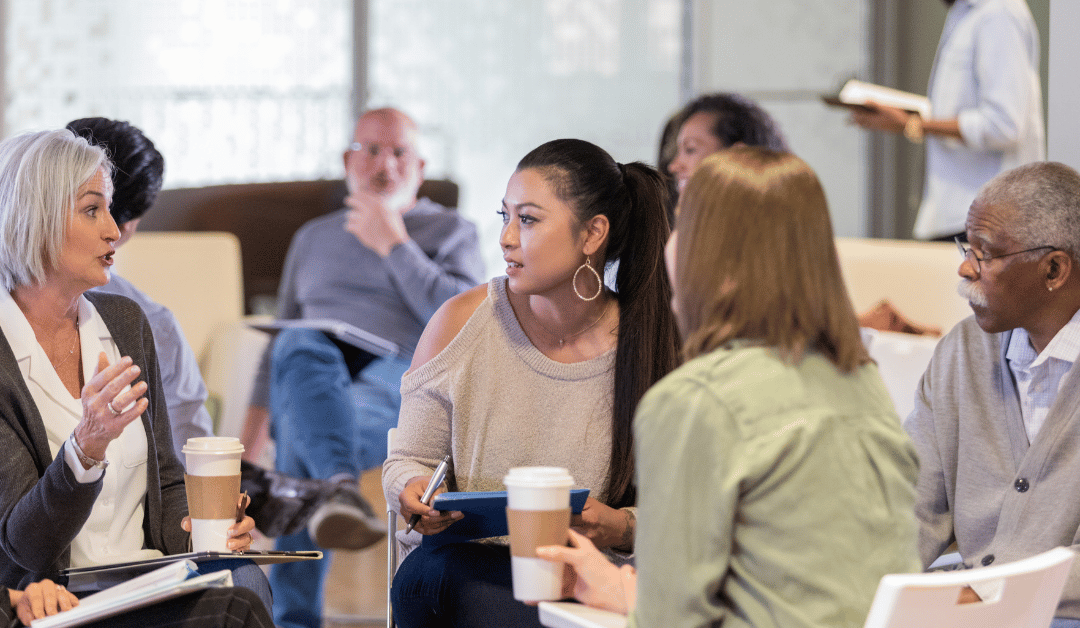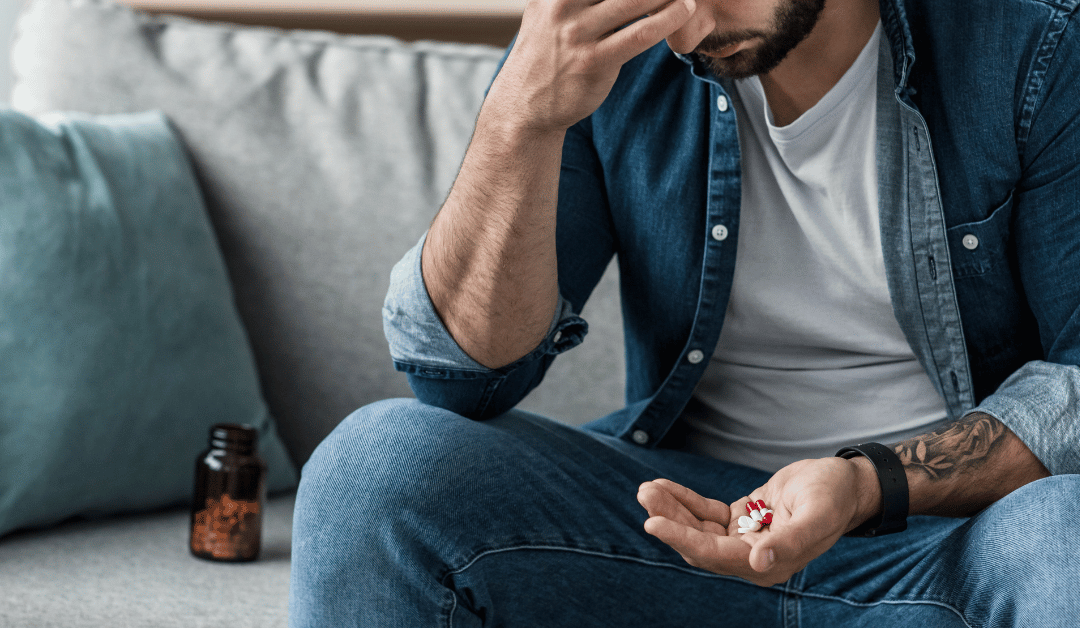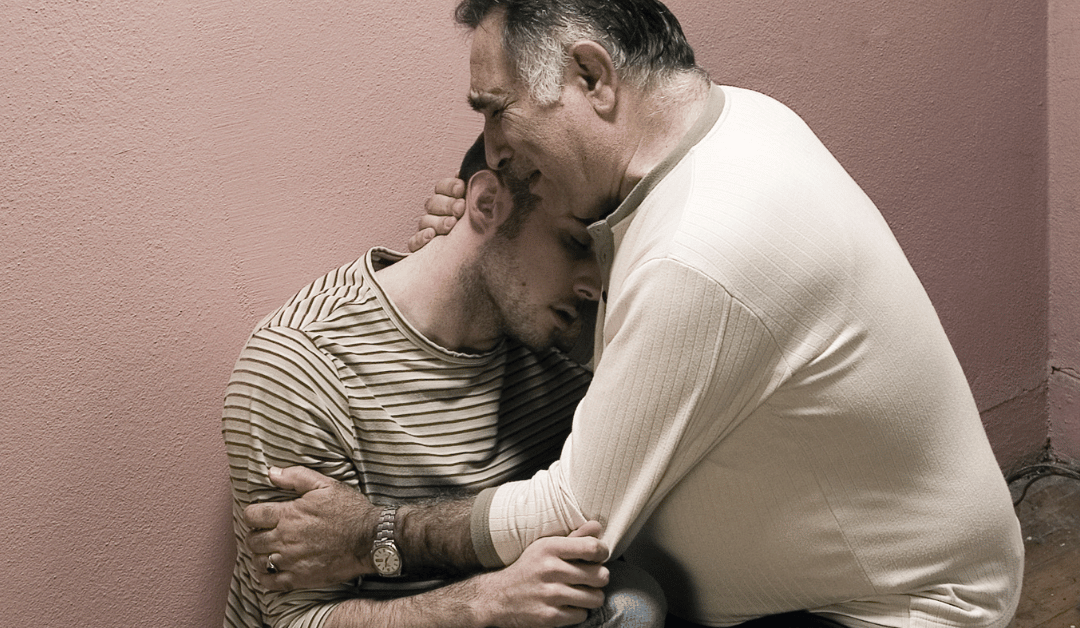
Are You Putting Your Life On Hold Waiting for Your Loved One to Recover?
So, I have a question for you? Do you feel like you’re putting your life on hold waiting for your loved one to resolve their substance abuse problem? I know I did this for years and years. If this sounds like you, too, I have a story for you.
So, about 20 years ago, when I was early in my recovery from family addiction journey, I reached out to my sponsor for support around some awful thing my mother had done. Side note – I know very well that 12 Step recovery is not for everyone, and I’m not trying to endorse it here. It just happens to be part of my own story, so I am sharing about it in that light.
At any rate, what I was calling my sponsor about was something my mother had done some version of a million times before. And I continued to just get totally rocked by it each time she did it again.
And my sponsor could see that, even though I’d been in this support program for awhile, I was still stuck essentially thinking my life was over unless my mother changed.
And she said something to me I’ll never forget. She said, “Madeleine, your mother has the right not to recover.”
And my first reaction to that was like, “Whachu talkin’ ’bout Willis?” And I know that reference is going to age me there, so if you didn’t get that, you’ll have to look the show Different Strokes. But suffice it to say I was absolutely in this totally flabbergasted place, like how could she make such a claim!
But just like a cancer patient has the right to refuse chemo, an addicted person also has the right to refuse treatment, for better or for worse.
And of course, they also have the right to the consequences of that decision.
Now, I know you might be confused to hear me say this because a big part of what I help families do is to learn how to have a positive influence on the substance use, because your loved one does not exist in a vacuum.
You are able to influence them. And doing that in a positive way does improve outcomes.
And I’m not here to go back on that in this video.
But part of having a positive influence on your loved one’s use is to live your own life, to the best of your ability whether they’re using or not. And feeling like you have to wait for them to recover before you can live your life doesn’t actually help anything. In fact it does the opposite.
And my sponsor’s “outrageous” claim is what drove that point home for me.
So let me explain how that works:
One of the things that drives continued substance abuse is shame. Shame may or may not have been part of what started the use, but it is definitely what drives continued use in spite of all the problems it causes.
Because, whether your loved one admits it or not, they are deeply ashamed of their use and of the things their use drives them to do. They are – I promise.
Now, it’s not helpful to act like their behavior is OK, but one of the ways you can help them with the shame is to live your life to the best of your ability. It not only helps you better weather this scary and chaotic journey, it also relieves your loved one of the the fear – and the shame – that they’re totally ruining your life.
So, what’s one very teeny-tiny way you can start to reclaim your life? Can you go back to your book club? Can you call a friend you haven’t talked to in a long, long time. Get you get back out on the golf course with friends? Even if you only did one little thing once a month, it would make a difference.
So what can you do? Let me know in the comments.
But before we wrap up this episode, I want to address one more thing that I’m sure you might be thinking. Maybe you’re feeling like living your life means that you don’t care what your loved one is struggling with, or that you don’t care what happens to them, or that you don’t that the severity of the problem that seriously.
Not at all. You can life your life and still care. You can live your life and still fully understand what’s at stake.
A loved one’s struggle with substances is a completely horrific journey to have to navigate. It’s full of grief and fear – and there’s no way around that, even if you do live your own life to the best of your ability.
And if your loved one doesn’t recover, or God forbid, loses their life to the substance, your heart is absolutely going to break. I’m not pretending it won’t.
But the only way to navigate this journey with your psyche relatively intact is to create a space for your own life, too.
It’s not easy, and I don’t claim to have done that perfectly myself. It was a very up and down journey for me. Every step of the way I’ve had to grieve for the mother I never had.
And my mother passed a little over a year ago, so then I had to grieve for the mother I never would.
But through my own recovery journey – which included living my life to the best of my ability – some days well, some days not so well, I discovered that, yes, my heart was broken over my mother. But there was so much more that my heart could hold.
A number of years ago when I was working at a family recovery program, I told the story of how my sponsor insisted upon me all those years agon that my mother had the right not to recover.
And after that session a mother came up to me and share that she’d been putting her life, and all the things she wanted to do, on hold for years waiting for her son to recover.
She didn’t realize that she had permission to live anyway.
You, too, have permission to live anyway. Not because you don’t care, but because you do. And just because we are experiencing this kind of really heavy problem that we didn’t choose, doesn’t mean that we can’t still choose moments of joy where we can.
Our lives, our psyches, our emotions, hold multitudes. And making whatever room we can for all of it will help both us and our loved ones.




